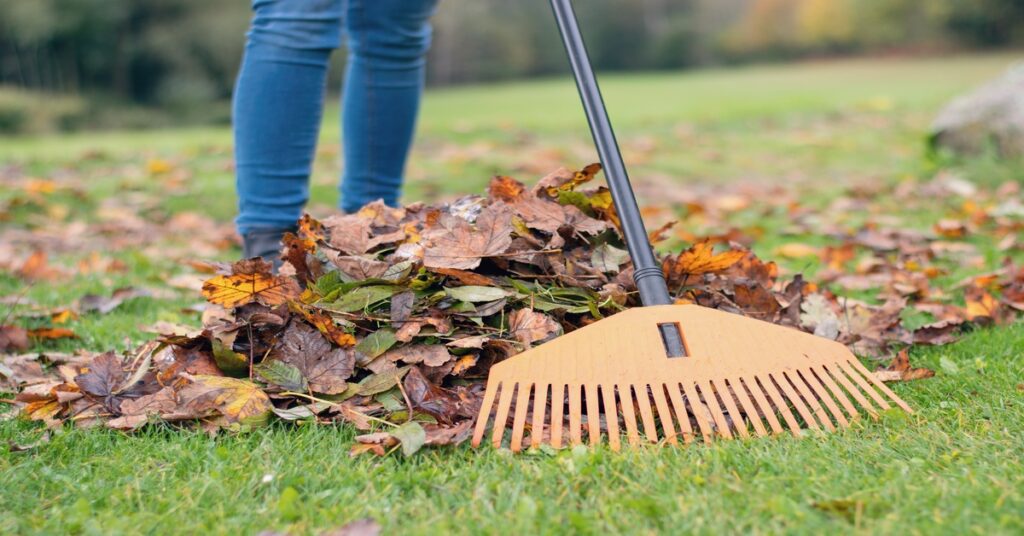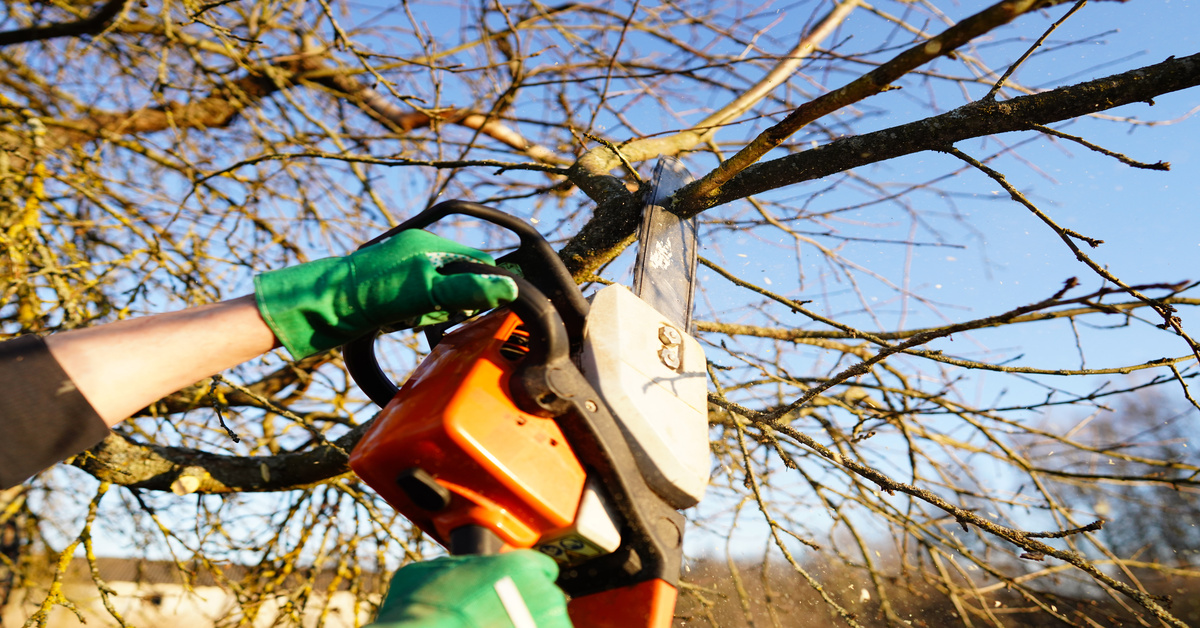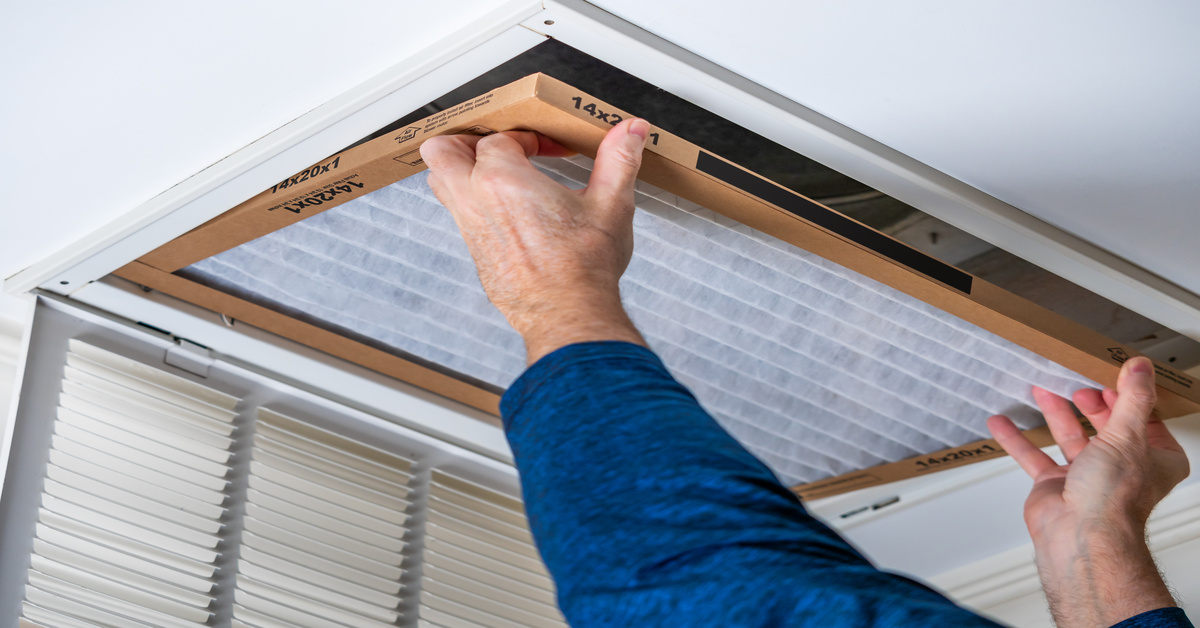As the summer heat in Atlanta gives way to cooler autumn air, landlords have a prime opportunity to prepare their rentals for the coming season. This isn’t just about routine upkeep; it’s a strategic move to protect your investment, prevent costly emergency repairs, and help your tenants remain safe and comfortable through fall and winter.
Addressing key fall maintenance tasks that pay off now can make all the difference later. This guide will walk you through the essential steps to get your rental properties ready for fall so they stand strong against whatever the Georgia weather brings.
Check Trees and Landscaping
Conduct a thorough walk-through of your property’s trees and landscaping to identify and address safety or appearance concerns. During the inspection, take note of overgrown branches, leaning trees, or roots that might pose risks. Also, consider scheduling professional help if needed.
Removing fallen leaves and debris will reduce slip hazards while deterring pests. Refresh the yard by trimming shrubs, removing weeds, and edging the lawn for a neat look. Tackling these tasks now can save time and protect your property’s appeal.
Remove Dead or Overgrown Branches
During your landscaping inspection, pay special attention to unstable branches. Removing them is a critical safety measure that protects your tenants and their properties. While some minor pruning can be a do-it-yourself task, you should hire a professional arborist for larger trees or branches that are near power lines. Experts have the proper equipment to do the job safely. This investment is small compared to the potential cost of repairing major damage later.
Inspect and Repair the Roof
Your property’s roof is its first line of defense against the elements. A thorough inspection is essential before the fall rains begin. Look for missing, cracked, or curling shingles that could allow water to seep in. Also, check for signs of mold or mildew, as these can indicate moisture buildup and lead to further damage if not addressed.
Pay special attention to areas around chimneys, vents, and skylights, as these are common areas for leaks to occur. If you see any issues, be sure to have them repaired promptly by a professional roofer.
Clean Gutters
Gutters direct rainwater away from your property’s foundation, but they can’t do their job if they’re clogged with leaves and debris. Gutter blockages cause rainwater to overflow and seep into the roof, walls, and foundation. Make sure to clean out all gutters and downspouts after the majority of the leaves have fallen.
Also, check that the downspouts properly direct water away from the foundation. This maintenance step helps prevent some of the most common and costly water-related issues that rental properties face.
Examine the Chimney and Fireplace
If your rental property has a chimney and fireplace, an autumn inspection is nonnegotiable. Hire a certified chimney sweep to clean the flue and inspect the chimney’s structure for cracks or damage. This process removes creosote buildup, a highly flammable substance that can cause dangerous chimney fires.
A professional inspection also ensures that the fireplace is safe for your tenants to use during the colder months. Confirming that the damper operates correctly and that the firebox is in good condition will keep your tenants warm and safe, reducing your risk as a property owner.
Winterize Outdoor Pipes and Faucets
While Atlanta winters are generally mild, the area can experience freezing temperatures that put outdoor pipes and faucets at risk of bursting. Prevent issues by winterizing all exterior plumbing. This involves shutting off the water supply to outdoor faucets from an interior valve, then opening the outdoor spigot to drain the remaining water.
For added protection, you can cover each outdoor faucet with an insulated foam cover. Taking these simple steps can save you from a major headache and an expensive plumbing emergency during the winter months.
Check and Seal Weather Stripping
Drafts around doors and windows can make a home feel chilly and drive up heating bills. As part of your late-summer maintenance, inspect the weather strips around all exterior doors and windows for areas that are cracked, brittle, or peeling away.
Replacing old weather stripping and applying fresh caulk are effective ways to improve your property’s energy efficiency. The home will be more comfortable for your tenants, and their utility bills will be lower too, a benefit they’re sure to appreciate.
Replace HVAC Filters
A clean HVAC filter is essential for maintaining good air quality and keeping the heating system running efficiently. Over time, filters become clogged with dust, pollen, and other debris, which forces the system to operate inefficiently to circulate air.
Changing the filters is a simple task that should be done before tenants switch from air-conditioning to heating. A fresh filter helps the system operate at peak performance, providing reliable heat throughout the winter and potentially extending the life of the unit.
Implement Pest Control Measures
As the weather cools down, pests like rodents and insects will start looking for a warm place to spend the winter. Your rental property can be an inviting target. To prevent an infestation, inspect the exterior for small cracks or holes that could serve as entry points and seal them promptly.
Keeping the property clean and free of debris also eliminates potential hiding spots for pests. Taking action now can save you and your tenants later from the stress and hassle of dealing with unwanted guests.
Replace Batteries
Finally, replace the batteries in all smoke detectors and carbon monoxide alarms. Test each detector after replacing the batteries to confirm it functions correctly. This simple task takes only a few minutes but is one of the most important things you can do to protect your tenants and your property. Communicating with your tenants about the importance of regularly testing these alarms can also help them remain in working order throughout the year.
Secure Your Investment This Fall
Properly preparing your rentals for fall is a cornerstone of successful Atlanta real estate management, demonstrating your commitment as a responsible landlord. By addressing these key areas, you can prevent expensive repairs, improve energy efficiency, and maintain a safe living environment. A well-kept property is more likely to attract and retain quality tenants, making it a worthwhile investment of your time and resources.


